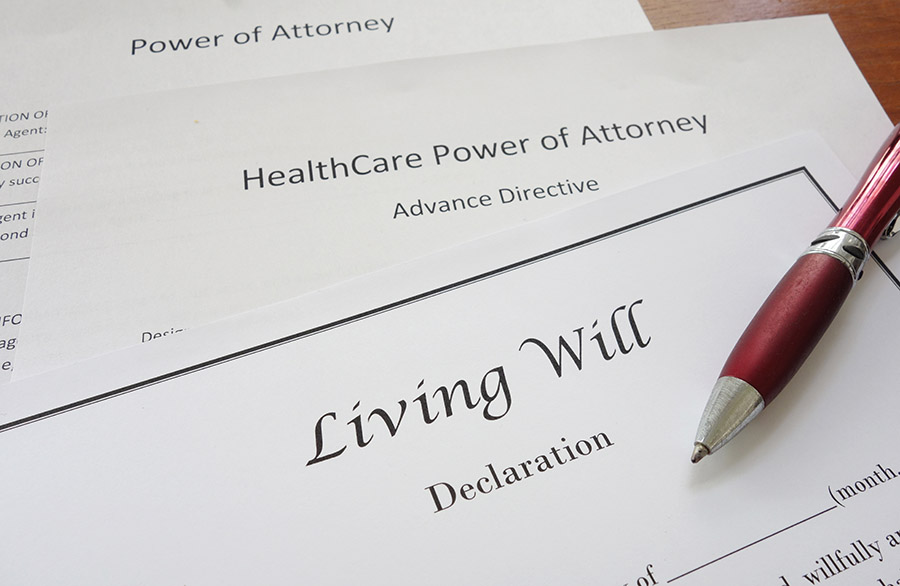
Last Will and Testament
Whether you think you need one or have too little for it to matter, a will is an important legal document to have. A will determines what happens to your property when you die. While it is important to determine what happens to your real estate and personal property upon your death, a Last Will and Testament can also nominate legal guardians for minor children and protect any assets that they may inherit. During times of loss, it is important to have plans in place that can save time and money to benefit and protect your heirs. If there is no will in place, the State of Alabama has a statute that dictates who will get what and it is not typically what people would think or want.

Trusts
Trusts are separate legal entities that hold property for the benefit of another. Parents can leave their children’s inheritance in trust to protect and preserve it for their benefit for a specified period of time. By doing this, parents can ensure that their children have the benefit of their inheritance without handing it over to them outright. Similarly, property (real estate or personal property) can be placed in a living trust during a person’s lifetime for another person’s benefit or for the avoidance of probate.

Power of Attorney
Powers of Attorney are important legal documents that allow one person to act as other. This is important if someone becomes sick or incapacitated and cannot continue with the business of life such as paying bills. The Power of Attorney appoints the person who is trusted to act as another person if they are too sick to act for themselves. Powers of attorney can be general in nature, but can also be tailor made for a specific purpose. Powers of Attorney can be given outright without a person having to be incapacitated or can require a diagnosis of incapacity for it to come into effect. Also, the Power of Attorney allows a person to appoint a legal guardian for them if they ever are incapacitated and need someone to protect them.

Living Wills or Advanced Directive for Health Care
Living Wills or Advanced Directive for Health Care are documents that nominate a person to make health care decisions or a “health care proxy” if you are too sick to speak for yourself. This document also makes serious medical decisions known and allows a person to define the scope of decision-making authority that they give their health care proxy. The Advanced Directive only comes into play if you are too sick to speak for yourself.

Estate Administration
When a loved one passes away, it can be a confusing and overwhelming time. Estate Administration is the process of transferring a deceased person’s assets either in accordance with their wishes in their will or the laws of intestacy (no will) of the State of Alabama. Most administrations require filings with the Probate Court in the county where the decedent passed away. We can assist in the transition of property and preparing the appropriate court filings.

Continuation of Parental Rights
The age of majority in Alabama is nineteen. For many parents of children with special needs, it can be a scary transition as they become legal adults but are not capable of making their own choices or caring for themselves. The State of Alabama allows the parents of special needs children to continue their parental rights through the probate court of the county where the special needs adult lives. We can help draft the filings needed for the continuation of parental rights.

Special Needs Planning
Many people with disabilities receive some sort of government benefits. In order to receive some of these benefits, the disabled person cannot have a certain amount of money in their possession. Special Needs Trusts can be used to hold money for a disabled person’s benefit while not disqualifying them from receiving the government benefits they are qualified to receive.
